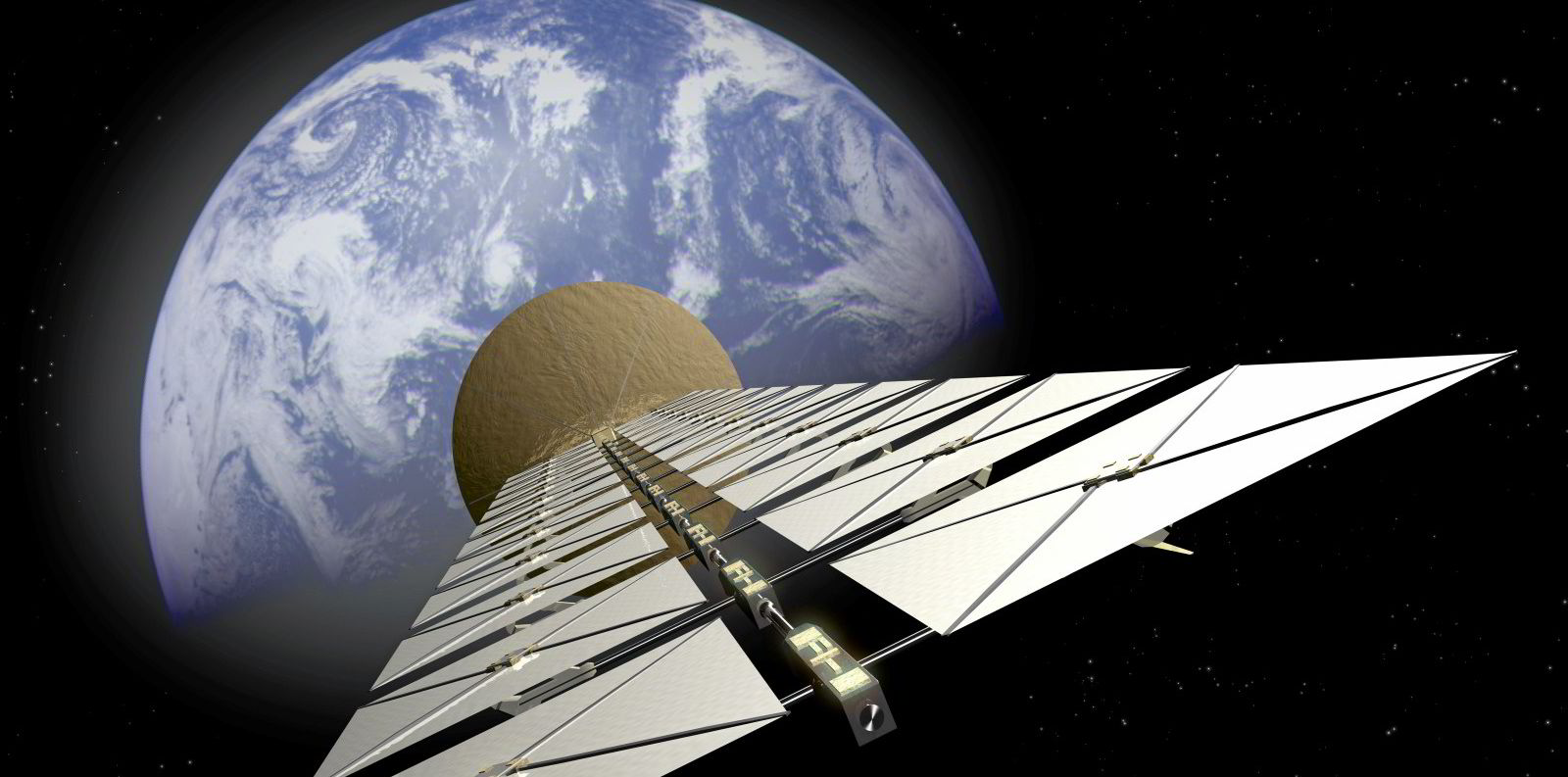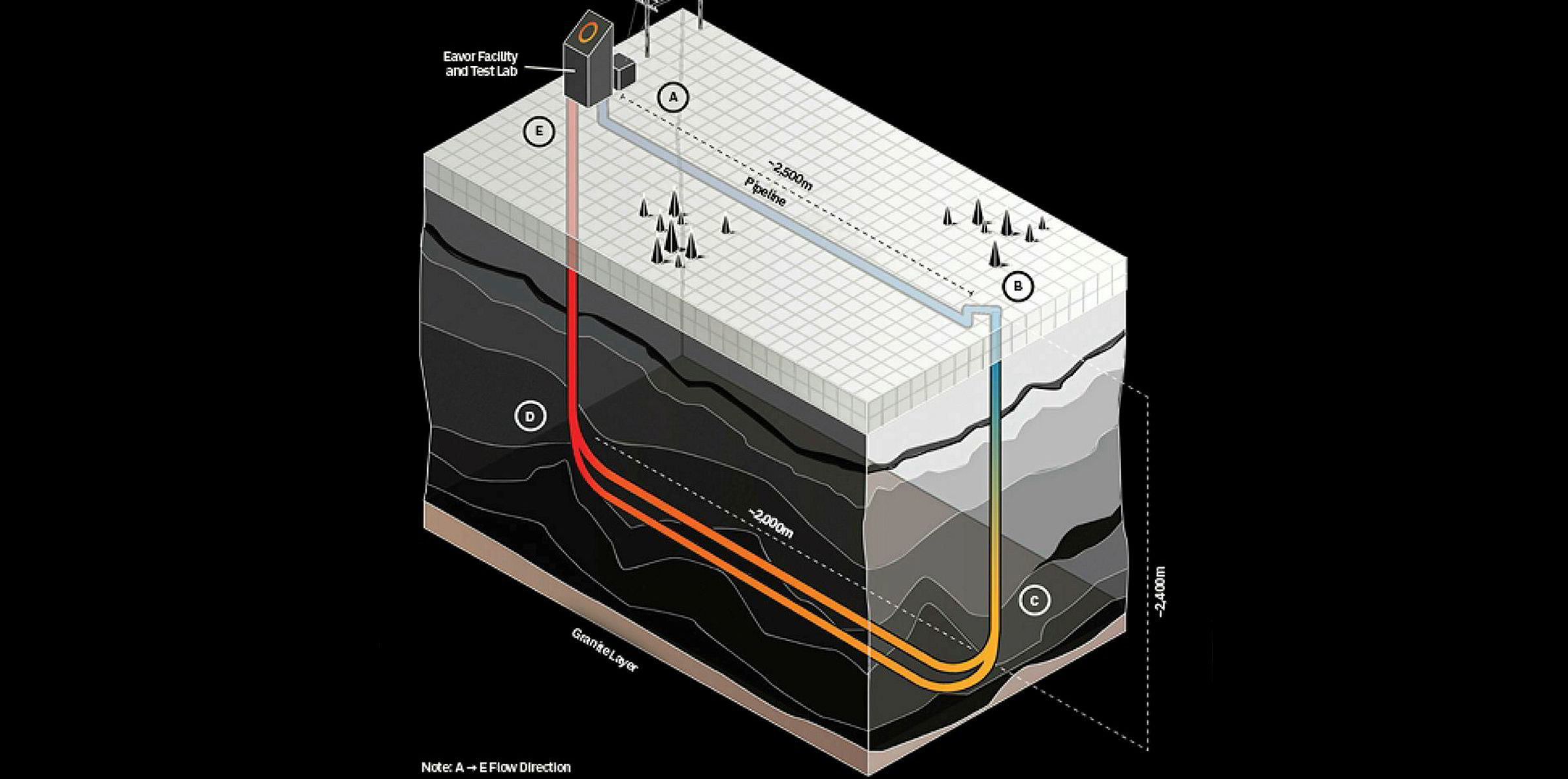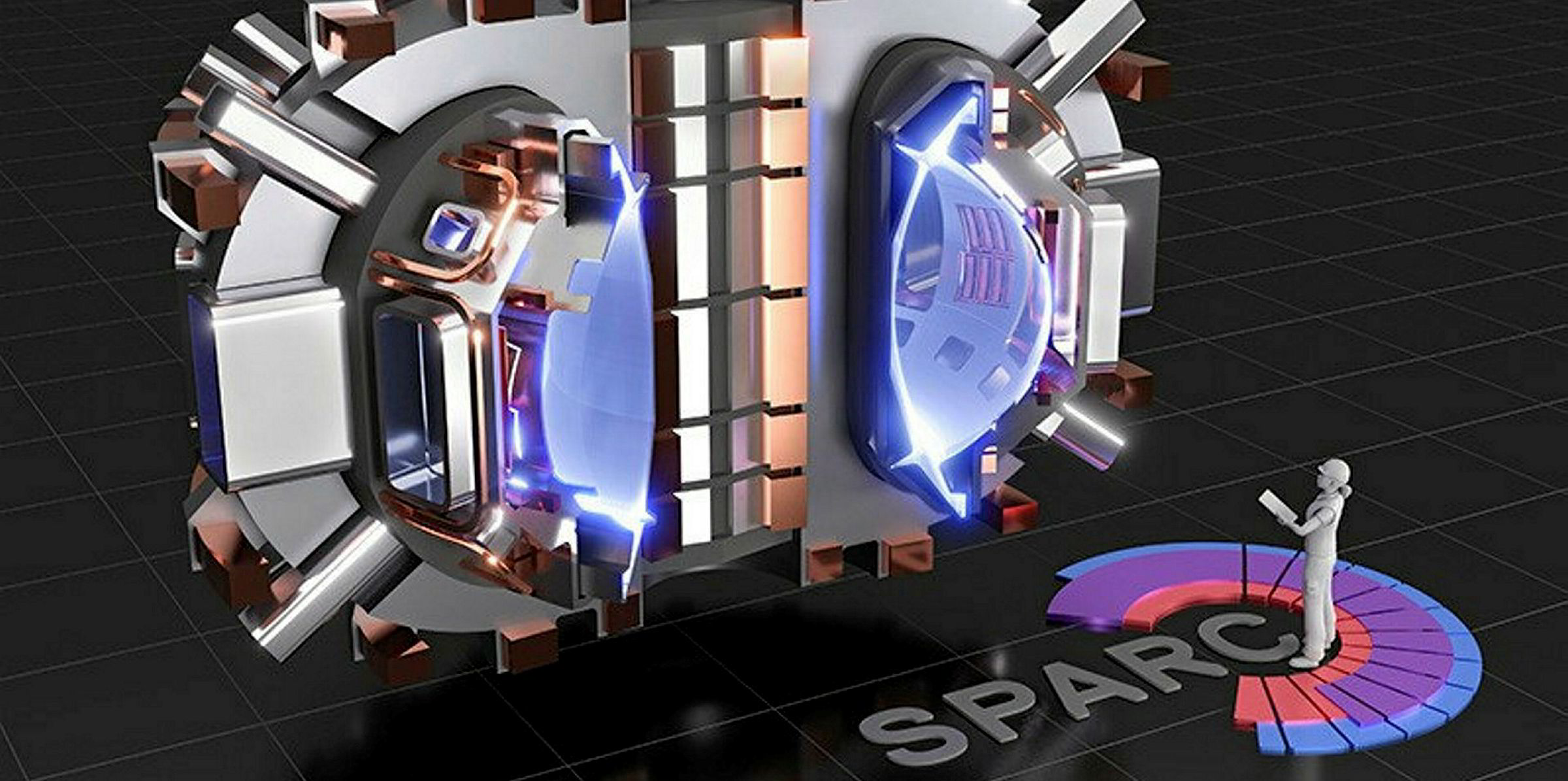Satellites that beam solar energy to supply unlimited power on earth are the focus of UK government-backed research that aims to turn a science-fiction concept into a new renewable source to rival wind and PV.
Space-based solar power (SBSP) systems would launch very large satellites that collect solar energy, convert it to high-frequency radio waves and deliver it to grid-connected receivers back on the ground, according to a statement from the UK Space Agency and Department of Business, Energy and Industrial Strategy (BEIS).
The UK has hired Frazer-Nash Consultancy to investigate the feasibility of launching an SBSP system by 2050 and whether it could affordably take its place alongside wind, solar and other renewable technologies.
The main benefit of SBSP would be its 24/7 access to the sun, free from the sunsets that limit the operation of solar systems on earth. “The Sun never sets in space, so a space solar power system could supply renewable energy to anywhere on the planet, day or night, rain or shine. It is an idea that has existed for decades, but has always felt decades away.”
But the UK statement admits the challenges are formidable to making a commercial reality of a concept first dreamed up by science fiction author Isaac Asimov in 1941.
The cost and weight of the satellites needed to support SBSP has historically made it unaffordable, while “one of the biggest issues to overcome is assembling the massive satellites in orbit, which has not been done before at this scale”, it said.
However, a new era of commercial spaceflight and technological advances in aerospace and solar technology could change that, the UK hopes.
Martin Soltau, space business manager at Frazer-Nash, said: “We need to explore new technologies to provide clean, affordable, secure and dependable energy for the nation. SBSP has the potential to contribute substantially to UK energy generation, and offers many benefits if it can be made practical and affordable.
“We will compare SBSP alongside other forms of renewable energy, to see how it would contribute as part of a future mix of clean energy technologies.”
The UK is not alone in pursuing the concept. The European Space Agency in September ramped-up its own research into SBSP, deeming it “time now to tap in to the ingenuity of engineering communities to push the key technologies that would make it a reality”.
However, SBSP is certain to face the same questions posed to other ‘silver bullet’ technology concepts for decarbonising global energy such as nuclear fusion power – not least whether the long timelines involved mean they can make any meaningful contribution to flighting the climate emergency, even if they can be shown to work at all.




